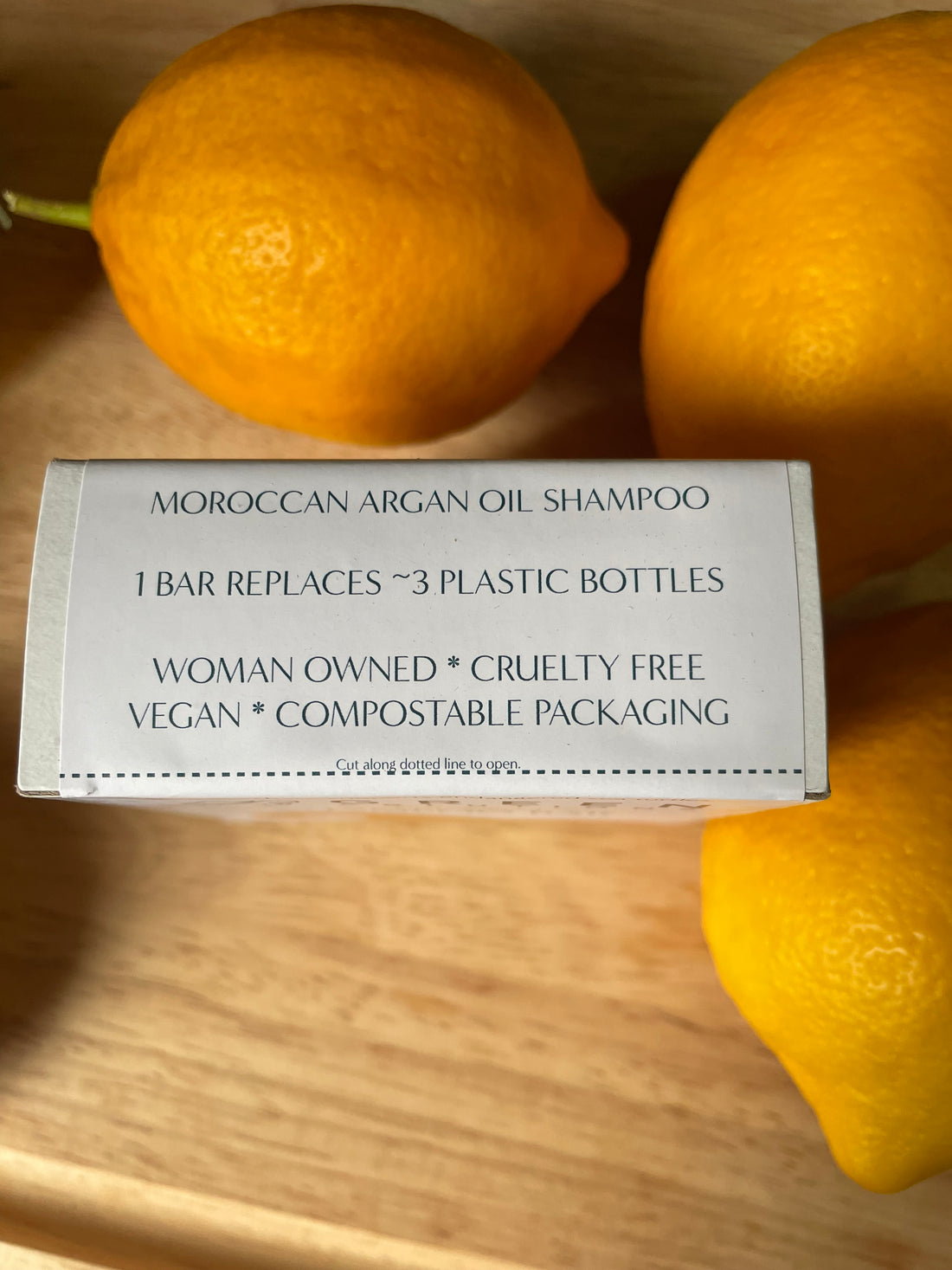
Natural, Clean, Non-toxic Shampoo and Conditioner and Your Health
Share
I was looking for a natural, clean, non-toxic shampoo and conditioner when I came across this statistic:
Why are Americans protected from 9 ingredients, while Europeans are protected from 770 ingredients?
The Personal Care Products Council (PCPC) is a lobbying organization based in Washington, D.C. funded by the companies that sell the vast majority of finished shampoo and conditioner in the United States (Proctor & Gamble Co., Shiseido USA, The Clorox Company, Unilver North America, etc.). They publish articles arguing that European cosmetic products are just as safe as American ones.
For example, here is a page on the PCPC website stating that EU cosmetics do not undergo pre-market testing.
But according to the European Commission website, scientific and technical assessment is conducted on all cosmetic products before going to market:
Cosmetics legislation requires that every cosmetic product placed on the market in Europe is safe to use. The manufacturer must ensure that cosmetic products undergo an expert scientific safety assessment before they are launched for sale.
To protect American citizens from corporate interests at the federal level, some state governments have been stepping up; Washington state just passed a law with the most stringent regulations in the country - here is an excerpt from their legislation:
- Impacts on the brain, immune system, hormones, reproductive health.
- Cancer.
- Skin irritation.
- Headaches.
- Breathing difficulty.
Some of these chemicals can also build up over time in the body.
In the United States, many ingredients in shampoo have never been properly tested for safety. The level of risk varies:
- For some ingredients, there is data indicating it's unsafe, such as benzyl alcohol (a preservative and color stabilizer found in Herbal Essences and many other conditioners) or titanium dioxide (a whitener that's carcinogenic when inhaled, found in Tresemme and many other shampoos, not to mention lipsticks, sunscreen, etc.). A couple preservatives (in Herbal Essences and many other hair products) that are known toxins include Methylchloroisothiazolinone and Methylisothiazolinone.
- For other ingredients, there's not enough data to be sure, or there are potential quality issues and impurities. One example is carbomer, a synthetic polymer thickener used to create a gel consistency in watered-down shampoo, that may include benzene as an impurity (which causes leukemia).
- Many ingredients have both data and quality issues: One example is Tocopheryl Acetate, which may contain Hydroquinone as an impurity, which causes cancer and is restricted as a cosmetic ingredient for that reason. But even if it's high-quality, Tocopheryl Acetate on its own produces cancer tumor growth in animals and is shown to be persistent or bioaccumulative; this means using it over a long period of time may be dangerous - but there's no longevity study.
Even if individual ingredients might be safe, there are likely issues that arise from prolonged exposure over time (everything is toxic at some point - it depends on the amount and duration of exposure), or user error (eg. getting shampoo in your eyes when the bottle says not to). The fact is that the most common shampoos and conditioners in the United States are put on the market without any pre-market testing for safety. The majority of commercial shampoos and conditioners on the American market are not vetted by science.
Furthermore, since shampoo and conditioner are 60-80% watered down, they require all sorts of unnecessary additional ingredients that dry bar shampoo and conditioner (used for hundreds of years) do not require: preservatives, stabilizers, thickeners, emulsifiers and dispersants. However, the effects of these ingredients, especially longitudinally, go largely unstudied.
Conclusion: It's safest to look for solid, natural, dry bar shampoo and conditioner that does not require unnecessary, unstudied or risky chemicals and toxins.
The Small Steps shop is proud to offer this natural shampoo and conditioner bar set. It is highly restorative, nourishing, and it costs a third of the price of comparable high-end liquid shampoo and conditioner (since it's concentrated, not 60-80% watered down). Besides that, this shampoo and conditioner bar set replaces ~6 plastic bottles, being good for you and also the environment.
These non-toxic, clean and healthy shampoo and conditioner bars are made in the USA out of all natural ingredients to protect your health and reduce plastic waste.